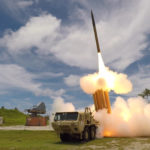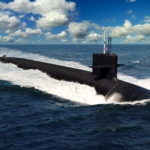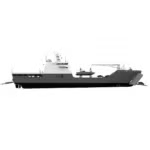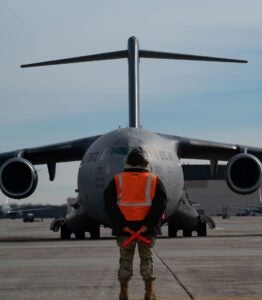
The State Department approved a possible $141 million Foreign Military Sales (FMS) request to the South Korea for Large Aircraft Infrared Countermeasures (LAIRCM) System, equipment, training, and support.The Defense Security Cooperation Agency (DSCA) notified Congress of the potential sale on Nov. 16.The sale would include the installation of AN/AAQ- 24(V) Large Aircraft Infrared Countermeasures (LAIRCM) systems for up to four A-330 Multi-Role Tanker and Transport (MRTT) aircraft. Each LAIRCM system includes several pieces of major defense equipment (MDE): three Guardian…

 By
By 











